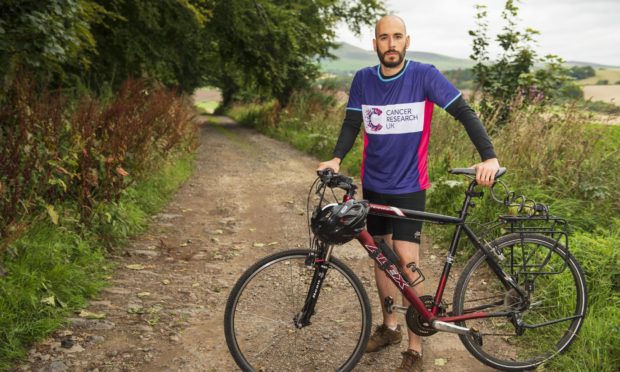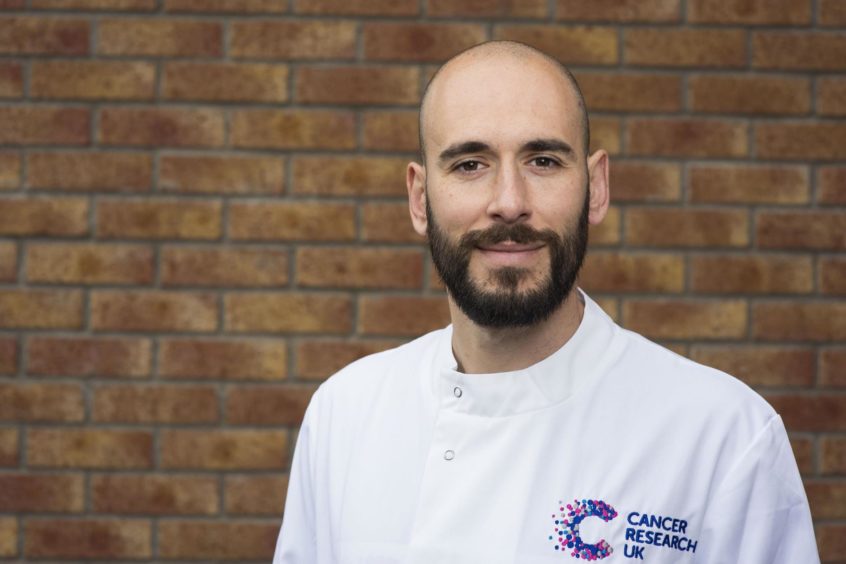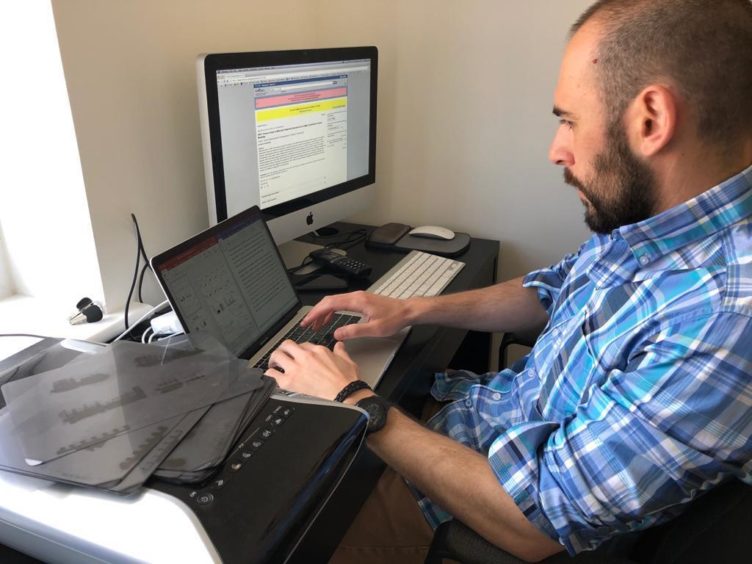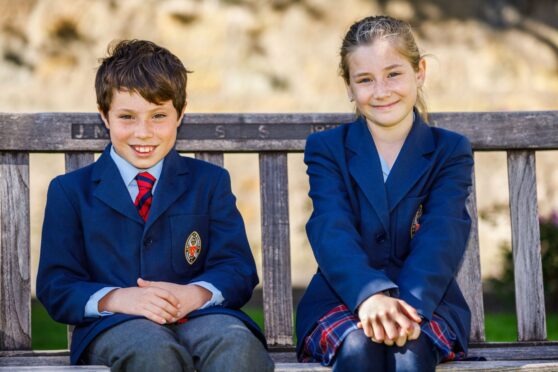A Dundee scientist is leading the call for people to get in the saddle for Cancer Research UK to put it back on track after the impact of the pandemic.
Charity chiefs who have seen vital research and fundraising stalled by coronavirus hope a lockdown upsurge in cycling will see many follow in the wheel tracks of Dundee University researcher Dr Laureano de la Vega in taking the Cycle 300 challenge.
Participants can choose how, when and where to clock up 300 miles on a bike during September to raise money for life-saving research.
Dr de la Vega, 41, originally from Huelva in southwestern Spain, lives in Craigowl with his wife, Rita, also a cancer researcher, and their three young children.
He said: “I love cycling and like many families during lockdown we have enjoyed the mental and physical benefits of spending more time exercising on our bikes.
“Cycle 300 is a great way to raise money for Cancer Research UK’s vital research.”
Dr de la Vega’s research is focused on finding new ways to treat lung cancer and a type of the disease called triple negative breast cancer.
Research suggests around 15% of all breast cancers are triple negative, which can be more difficult to treat and can have a poorer outlook than other types.
It cannot be treated with hormone treatments or the targeted cancer drug Herceptin, limiting options for affected women.
Dr de la Vega is investigating a biological process called transcription which takes information DNA to make proteins in an effort to identify new ways to impair tumour growth and avoid the development of resistance to chemotherapy.
Covid-19 forced Dr de la Vega and his team to hang up their lab coats during lockdown but they have been determined to carry on the fight against cancer from home, writing up results and planning new experiments.
The work is slowly re-starting but with new safety measures in place and complex experiments to recover, it could take some time to get back up and running at full speed.
Participants can sign up for Cycle 300 at www.cruk.org/cycle300








